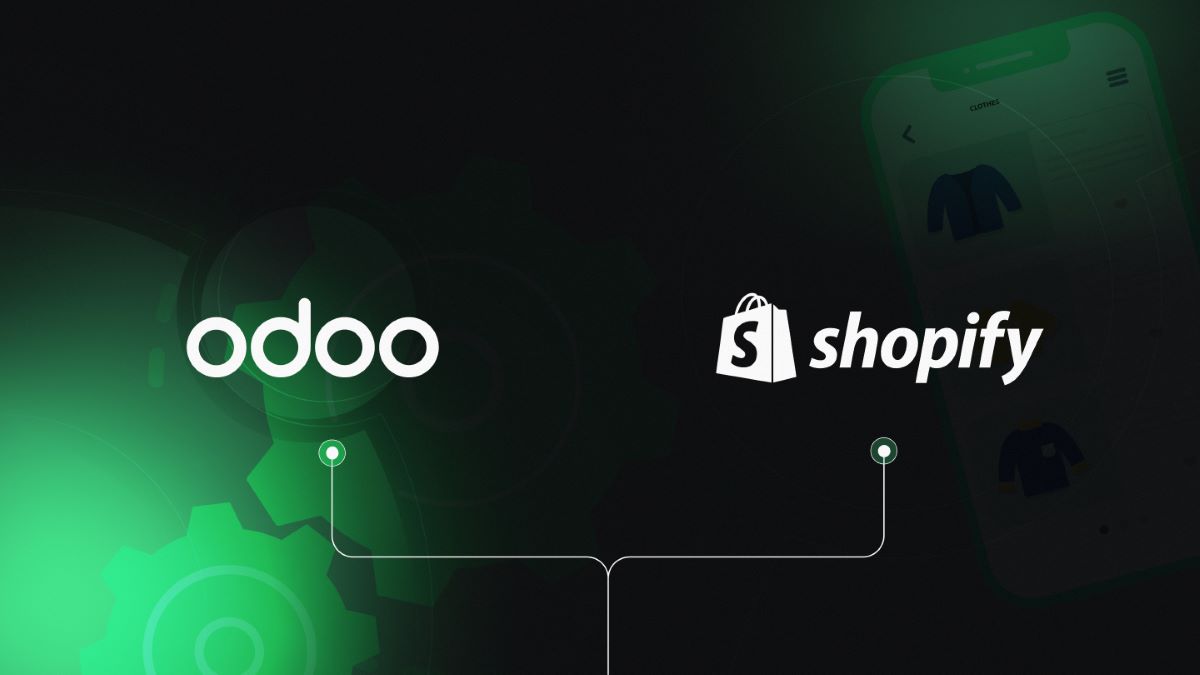
Apache Superset vs Tableau, Power BI, Metabase – which BI tool to choose for e-commerce analytics?
Choosing a BI tool for e-commerce analytics is a strategic decision. Learn how Apache Superset compares to Tableau, Power BI, and Metabase – which system best supports data-driven decisions?

In the world of dynamically developing online commerce, data-driven decisions are not a luxury, but a necessity. Owners of medium and large e-commerce companies face a challenge: how to effectively manage data from dozens of sources simultaneously? How to track conversions in real time, optimize inventory, and personalize customer experiences without drowning teams in manual reports? This is where Business Intelligence tools come in - but which ones to choose? We will analyze four popular solutions: Apache Superset, Tableau, Power BI, and Metabase, focusing on their use in e-commerce analytics.
Flexibility of data integration - the foundation of effective BI in e-commerce
Implementing a BI system in e-commerce requires combining data from sales platforms (Shopify, WooCommerce), payment systems, marketing tools (Google Ads, Meta) and data warehouses. Each tool tackles this challenge differently:
- Apache Superset stands out with native support for over 40 databases and analytical engines – from PostgreSQL to Google BigQuery. Thanks to its cloud-ready architecture, it integrates seamlessly with distributed infrastructure, which is crucial for companies scaling international operations. An example? A clothing chain can combine sales data from 15 countries into a single dashboard, taking into account local currencies and shopping trends.
- Tableau offers ready-made connectors to popular e-commerce platforms and marketing tools, but the cost of integration with non-standard systems (e.g., your own ERP) can be a technical financial and challenge.
- Power BI shines in the Microsoft ecosystem – integration with Azure and Dynamics 365 works well for companies using the brand's full tool station. However, attempts to connect to niche data warehouses often require complicated workarounds.
- Metabase, although simple to configure, is mainly limited to basic SQL connections. For stores with an advanced technology stack (e.g., connecting data to IoT in logistics), it may not be sufficient.
Scalability vs. simplicity – how to build e-commerce dashboards that fit your needs?
E-commerce analytics evolves with business. A tool that works for a store with 500 orders per month may fail at 50,000 transactions per day. Here's how each platform copes:
- Apache Superset uses query caching and a distributed architecture to maintain performance even with millions of records. Case study: a marketplace platform uses it to track 120,000 user events per hour, creating personalized recommendations in real time.
- Tableau Handles large data sets with Hyper technology, but requires significant server resources. The cost of maintaining performance for enterprise implementations can be 3-4x higher than open-source solutions.
- Power BI Premium can handle big data, but only within the Microsoft ecosystem. Companies using mixed environments (e.g. Google Cloud + Salesforce) may encounter latency issues.
- Metabase Works well in small and medium-sized stores, but starts to slow down with complex queries that JOIN 10+ tables (typical of LTV analytics). No support for advanced query optimizations.
Costs vs. benefits – licensing model vs. e-commerce budget
Choosing a BI tool is not just a matter of technology, but also economics. Let's compare models:
- Apache Superset (open-source) Eliminates licensing costs - ideal for companies investing in internal data engineering teams. Example: an e-commerce chain saved $230,000 per year by migrating from Tableau to Superset, using this money to develop its own loyalty platform.
- Tableau Starts at $75/user/month (cloud version), which for a team of 50 people is ~$45,000 per year. Additional fees for premium support and integrations.
- Power BI Cheaper than Tableau (from $10/user), but costs increase exponentially as you scale. Full integration with Azure Synapse can increase bills by 150-200%.
- Metabase Open-source in the basic version, but enterprise features (SSO, audit logs) require a paid plan (from $500/month). For companies with compliance requirements, it may be insufficient.
Summary: How to choose the optimal BI tool for e-commerce?
The decision depends on three factors: scale of operations, existing infrastructure, and development strategy.
Choose Apache Superset if:
- You have a complex technology stack (many data sources, multicloud environment)
- You need full control over costs and data security
- You plan to build advanced e-commerce dashboards with prediction and ML
Tableau will work well when:
- The team does not have advanced technical skills
- The main focus is data visualization, not integration
- The budget allows for premium support
Power BI is a reasonable choice for:
- Companies deeply integrated with the Microsoft ecosystem
- Scenarios requiring rapid MVP implementation
Metabase is worth considering for:
- Small stores without complex reporting needs
- Temporary or test projects
Regardless of the choice,proof of concept – test the tool on real data from your store before full implementation. Remember that in the era of omnichannel, an effective BI system is not just reports, but a living organism providing insignts in real time.



